If you have a dog, you probably think a lot about what’s safe for them to eat or be around. Lemongrass is one of those plants that shows up in gardens and kitchens, and it smells great. But is it okay for dogs?
A lot of people ask me about which plants and foods are safe for dogs. Here, I’ll explain what you need to know about lemongrass and its oils, and give you simple tips to help you keep your dog safe.
What is Lemongrass?
Lemongrass is a tropical plant that grows in lots of gardens and is used in cooking, especially in Asian dishes. It has a fresh, citrus smell and is also used in teas and oils.
Types of Lemongrass
There are a few types of lemongrass, but these two are the most common:
- Cymbopogon citratus: Known for its culinary uses, this variety is the most commonly found in cooking.
- Cymbopogon flexuosus: Often used for essential oils, it’s less commonly used in food but still a known species.
Most pet owners will come across Cymbopogon citratus, either in the yard or at the store.
Can Dogs Eat Lemongrass?
Dogs should not eat lemongrass. Although people use it in food and for its scent, lemongrass can be harmful to dogs because it contains substances that turn into cyanide in their bodies.
If a dog eats a small amount, it might just have an upset stomach, vomiting, or diarrhea. Eating more can cause bigger problems, like a blockage in the gut, trouble breathing, or even poisoning.
If your dog eats any lemongrass or gets into lemongrass oil, call your vet or the ASPCA Poison Control right away. Quick action can help keep your dog safe.
Lemongrass and Essential Oils: Are They Safe for Dogs?
Essential oils smell nice to us, but they can be dangerous for dogs. Lemongrass oil, which is used in things like aromatherapy and bug sprays, is one to watch out for.
Risks of Lemongrass Essential Oils
- Toxicity: Lemongrass essential oil contains compounds like citronellal, which can be harmful to dogs when ingested, inhaled, or absorbed through the skin.
- Inhalation Issues: The strong aroma from diffusers or sprays can irritate your dog’s respiratory system, especially for dogs with underlying conditions like asthma.
- If you use lemongrass oil in homemade dog shampoos or lotions, it can irritate your dog’s skin or make them sick if they lick it off.
Keep all essential oils, including lemongrass, away from your dog. If you use them, make sure they’re diluted and don’t put them right on your dog’s skin.
Culinary Use of Lemongrass for Dogs: Is It Safe?
A little lemongrass in food is usually safe for dogs, but don’t go overboard.
Cooking with Lemongrass
- If you’re making something with lemongrass, your dog can have a small taste as long as there’s no garlic or onions in it.
- Lemongrass can help with minor stomach upset in dogs, but only if you use a small amount.
Preparing Lemongrass for Dogs
If you want to let your dog try lemongrass, here’s how to do it safely:
- Use only the inner stalk: This part is tender and easier for dogs to digest.
- Avoid the tough outer layers: These can be hard for dogs to chew and may cause choking.
Only give your dog a little bit of lemongrass, and don’t serve it raw or in big pieces. Watch for any bad reactions when you try new foods.
Toxicity of Lemongrass in Dogs: What to Watch For
Lemongrass is safe for dogs in small amounts, but eating a lot of it or any essential oil can make them sick. It’s important to know the signs of trouble.
Symptoms of Toxicity
- Mild Toxicity: If your dog eats a small amount of lemongrass, you may notice mild symptoms such as:
- Vomiting
- Diarrhea
- Drooling
- Loss of appetite
- Severe Toxicity: Ingesting large quantities of lemongrass or lemongrass essential oils can cause more serious symptoms like:
- Lethargy or weakness
- Difficulty breathing
- Seizures
- Extreme drooling
What to Do if Your Dog Eats Lemongrass
If you think your dog ate too much lemongrass or any lemongrass oil, do this:
- Call your vet right away. Tell them what your dog ate and any symptoms you see.
- Don’t try to make your dog vomit unless your vet tells you to.
- Watch your dog closely. If they seem sick, get them to the vet fast.
Common Exposures: How Dogs Come Into Contact with Lemongrass
Dogs are curious and can find lemongrass in a few spots around the house. Here’s where they might run into it:
Backyard Plants
If you have lemongrass in your yard or garden, your dog might chew on it, especially if they like to nibble on plants. Sometimes lemongrass is used in landscaping or as decoration, too.
Actionable Tip: If you have lemongrass in your garden, consider planting it in an area your dog cannot access. Regularly monitor your dog’s behavior around plants.
Essential Oil Diffusers and Sprays
Some people use lemongrass oil in diffusers to make their home smell nice. But the strong scent can bother your dog’s breathing, and spilled oil can be dangerous if your dog licks it.
Don’t use undiluted oils around your dog, and keep diffusers where your dog can’t reach them. If you use a diffuser, open a window and make sure your dog isn’t stuck in a room with strong smells.
Topical Products
Some dog shampoos and flea sprays have lemongrass in them. If you don’t use them right, they can cause problems.
Check labels before you put anything on your dog’s skin. If it has lemongrass or other oils, skip it or ask your vet first.
Actionable Advice: How to Safely Use Lemongrass Around Dogs
If you want to use lemongrass but keep your dog safe, try these tips:
- Limit exposure: Keep your dog away from lemongrass plants and essential oils.
- If you add lemongrass to your dog’s food, only use a little and don’t mix in anything like garlic or onions.
- Watch your dog for any signs of sickness if they eat lemongrass, and call your vet if you’re worried.
If you’re not sure if something is safe for your dog, just ask your vet.
Conclusion
To sum up, a little lemongrass in food is fine for most dogs, but too much or any essential oil can be dangerous. Keep an eye out for problems, and talk to your vet if you have any questions about what’s safe.
FAQs
Can dogs eat lemongrass?
Yes, dogs can eat lemongrass in small quantities. However, it should be prepared properly, with the tough outer layers removed.
Is lemongrass oil toxic to dogs?
Yes, lemongrass essential oil can be toxic to dogs, especially if ingested or applied to their skin.
Can lemongrass make dogs sick?
If consumed in large quantities, lemongrass can cause mild symptoms like vomiting or diarrhea. More severe reactions may include lethargy or difficulty breathing.
How can I prevent my dog from eating lemongrass?
Plant lemongrass in areas your dog can’t access, and monitor your dog’s behavior around plants in your garden.
What should I do if my dog eats too much lemongrass?
If your dog consumes a large amount of lemongrass, contact your vet immediately for guidance on treatment.
Are lemongrass oils safe for dogs to inhale?
No, inhaling concentrated lemongrass essential oils can irritate your dog’s respiratory system and cause distress.
Can I use lemongrass as a flea repellent on my dog?
Avoid using lemongrass or any essential oils on your dog’s skin unless advised by your vet, as they can cause irritation or toxicity.
Is it safe to use lemongrass in homemade dog treats?
Lemongrass is safe in small amounts, but avoid using essential oils or large quantities in homemade dog treats. Always consult your vet first.



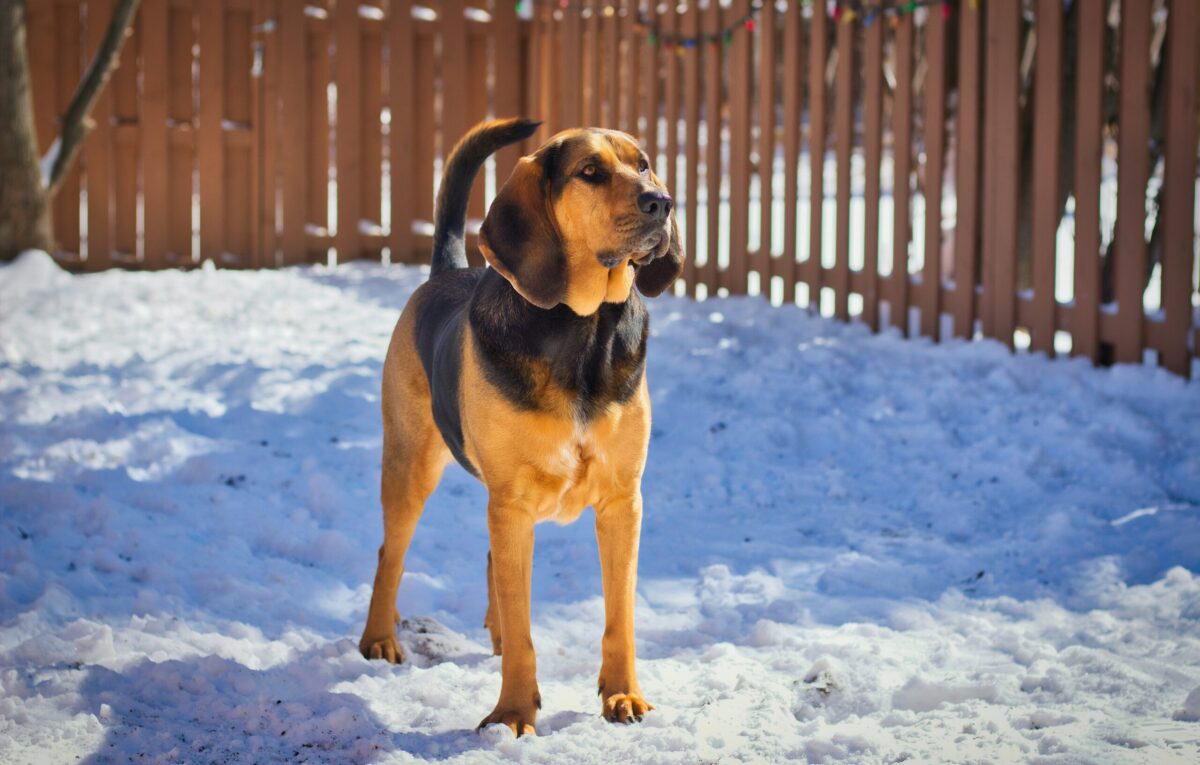
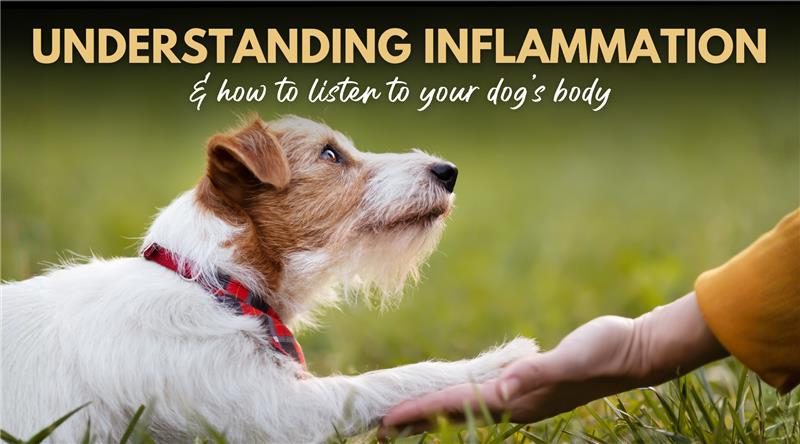

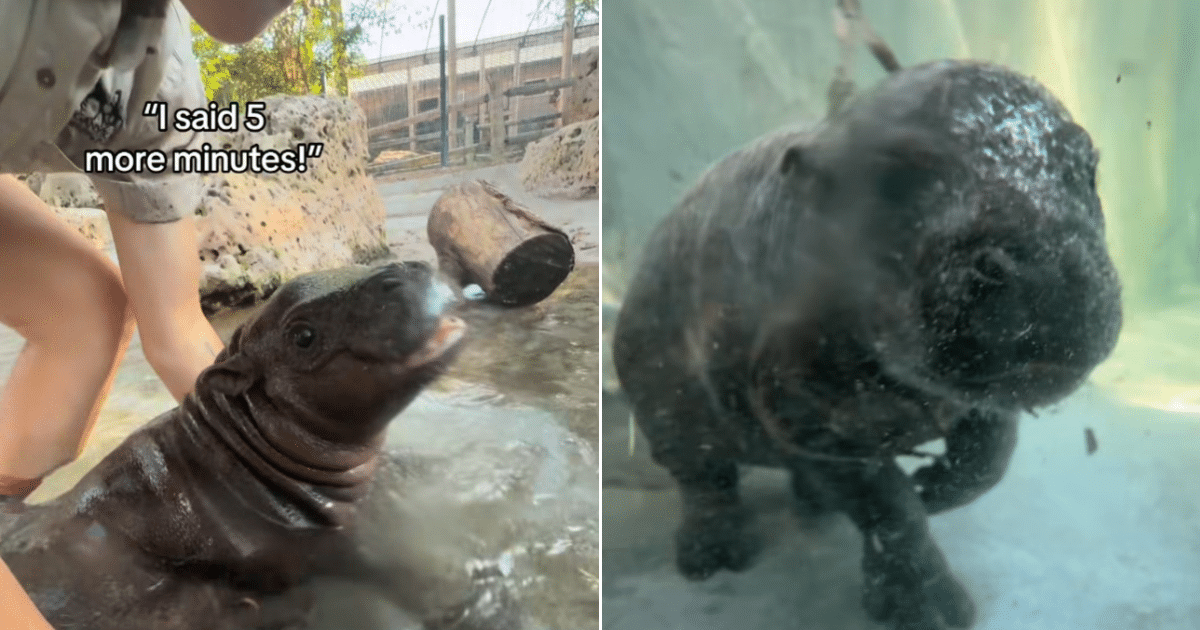
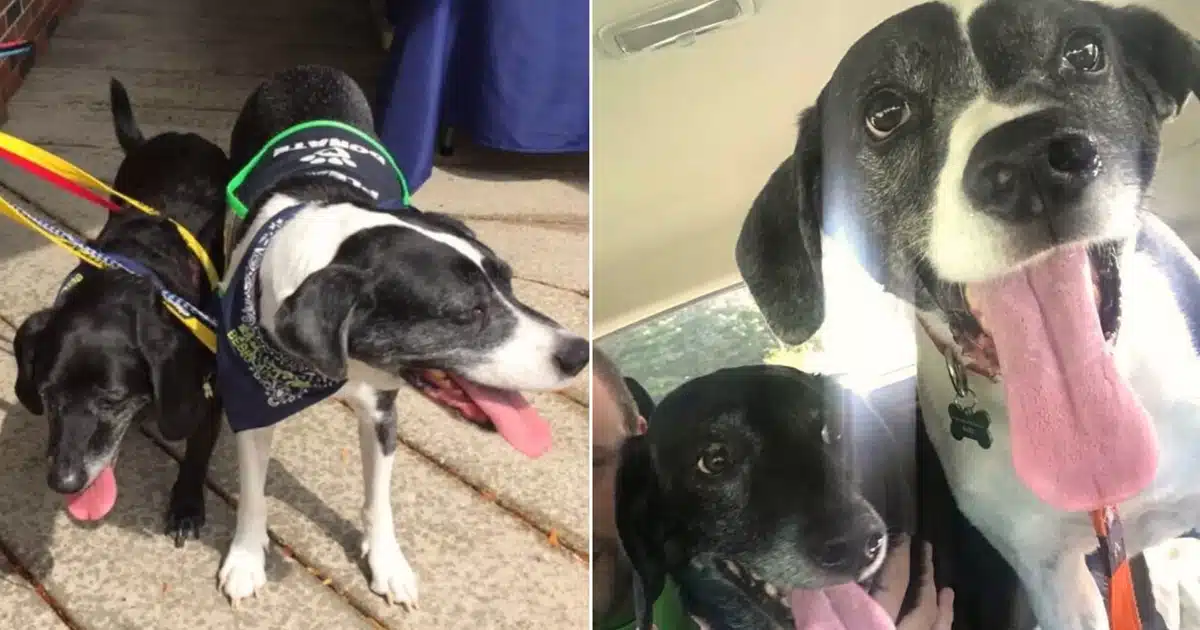
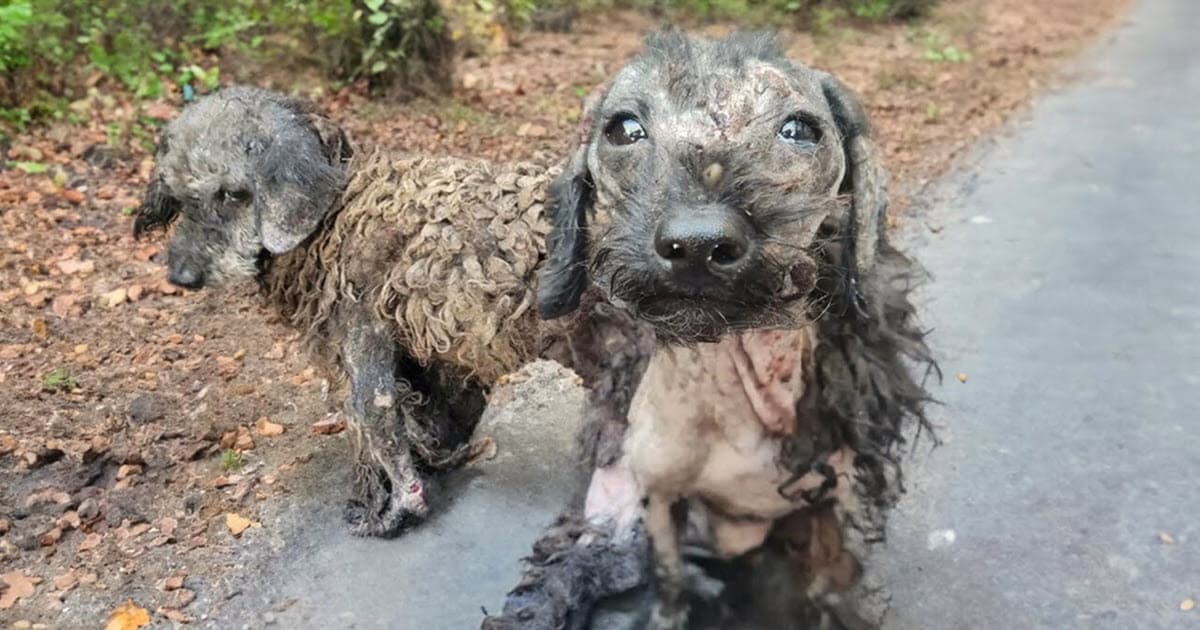
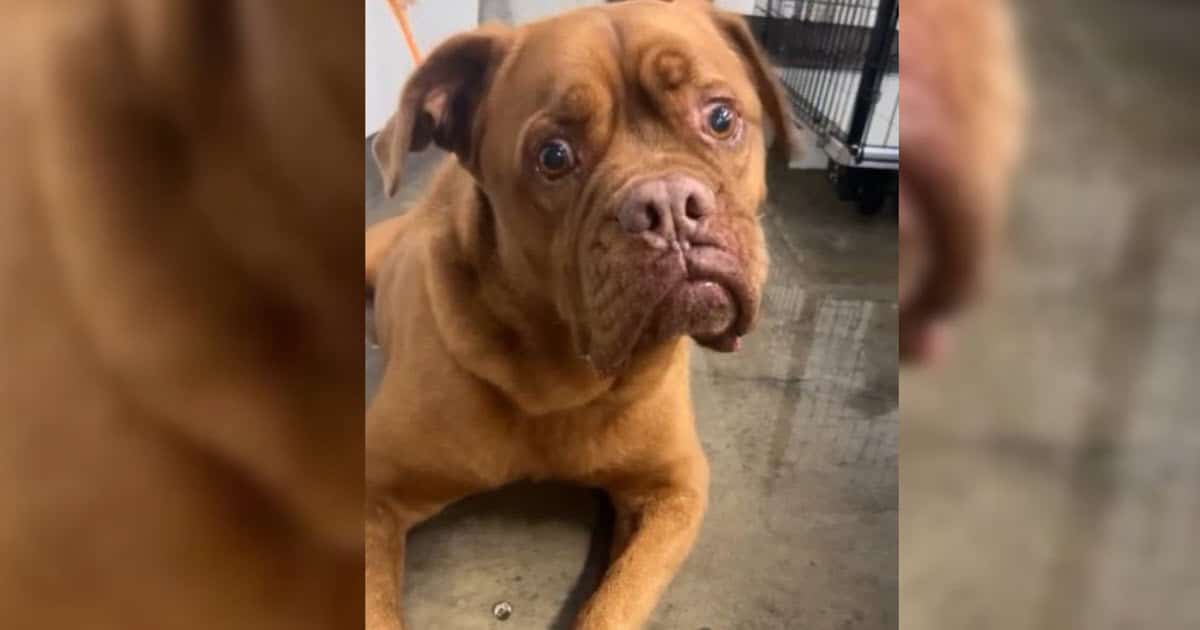
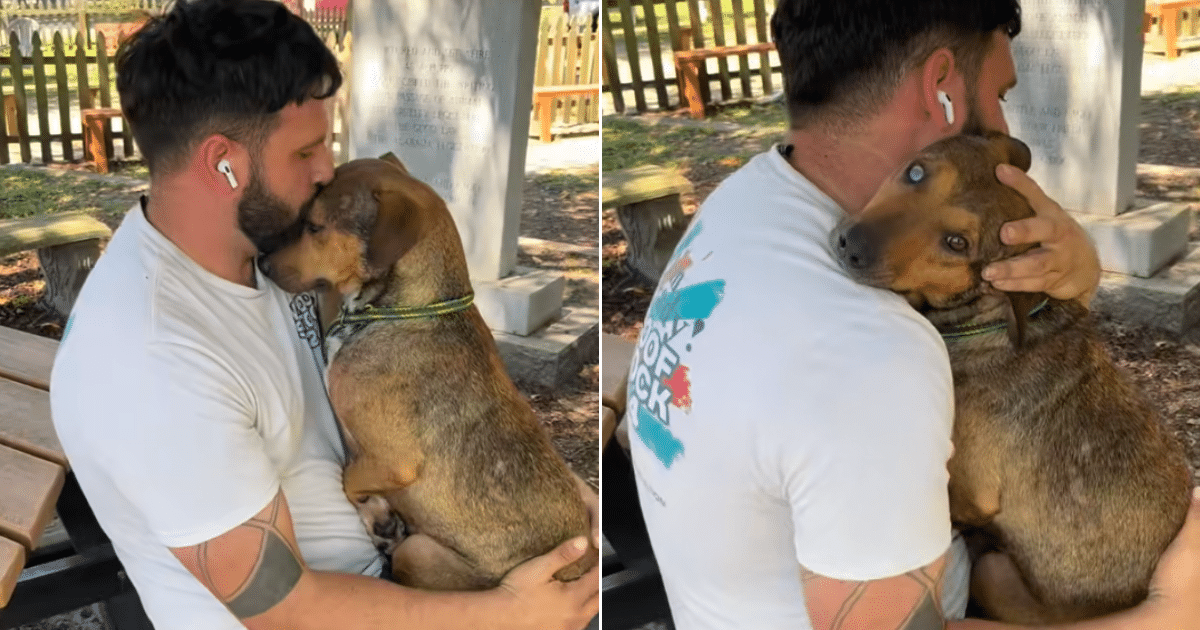
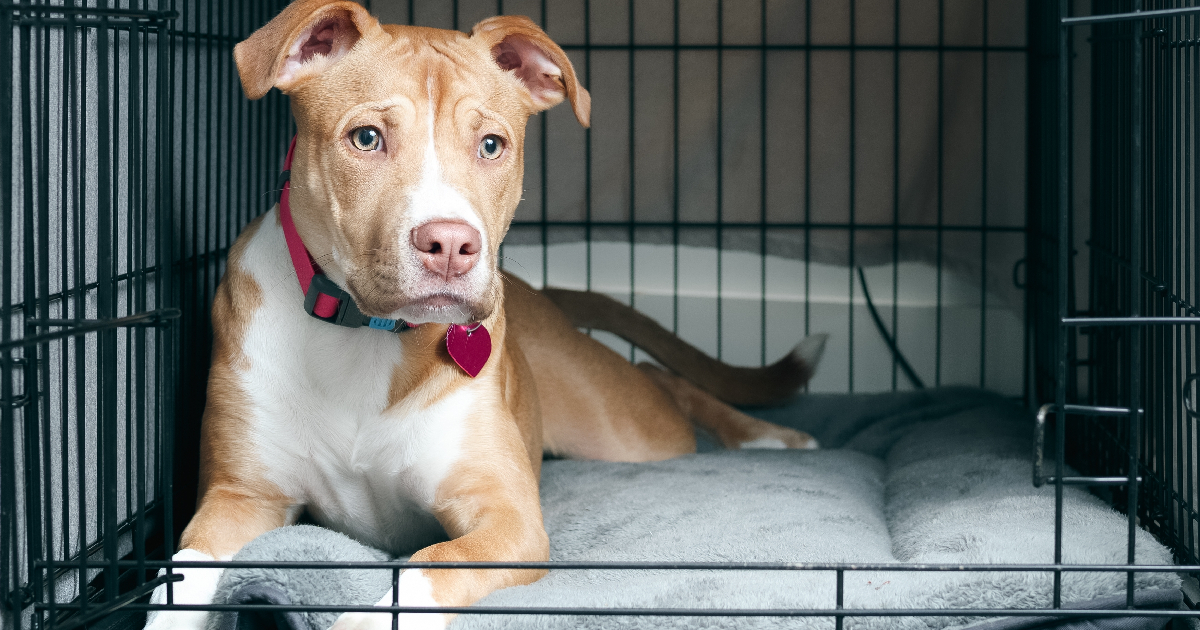
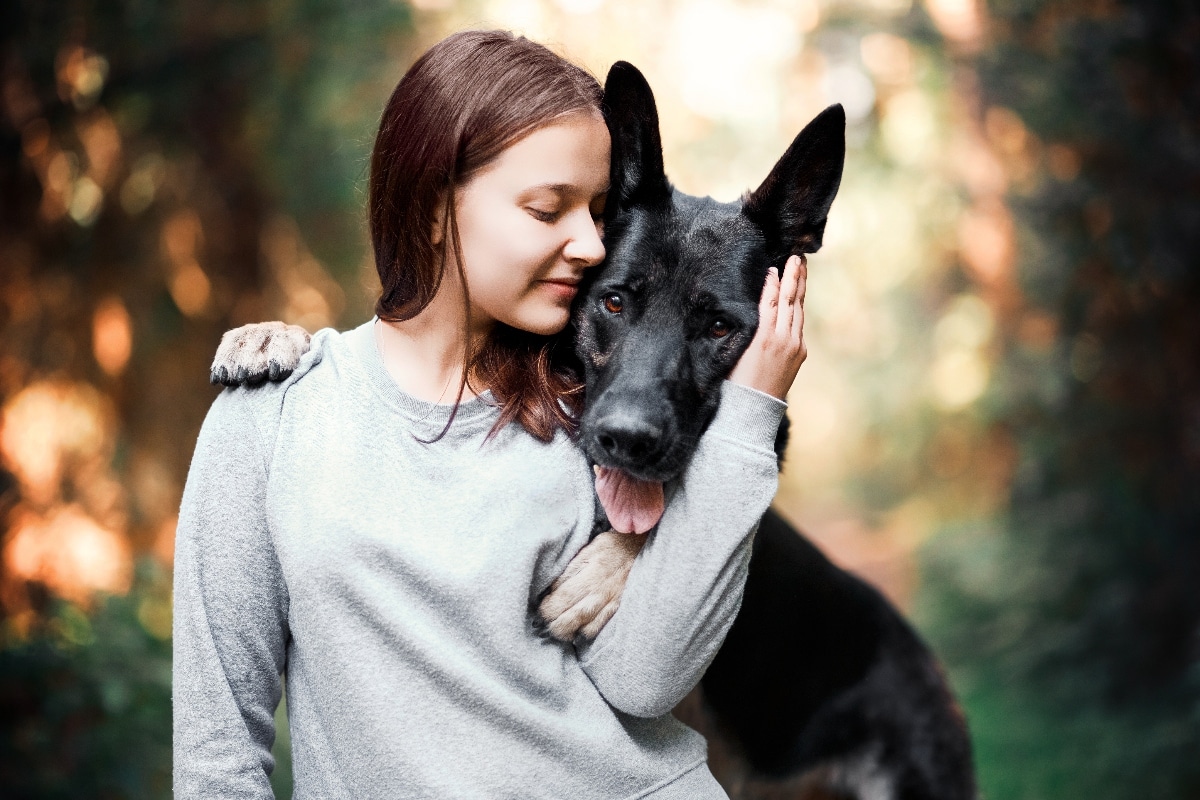

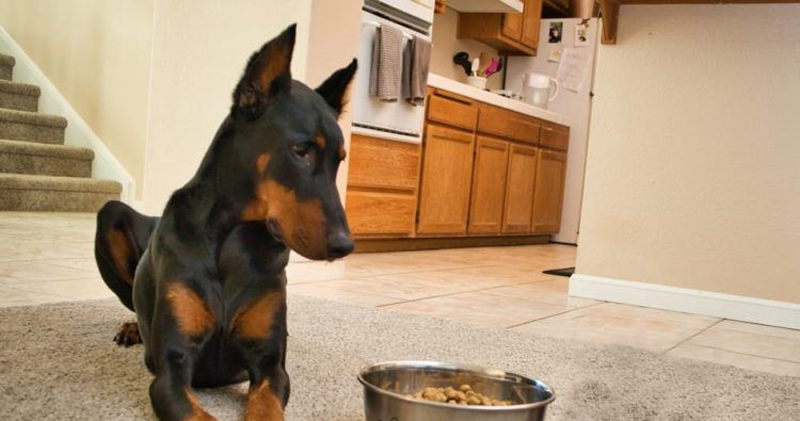
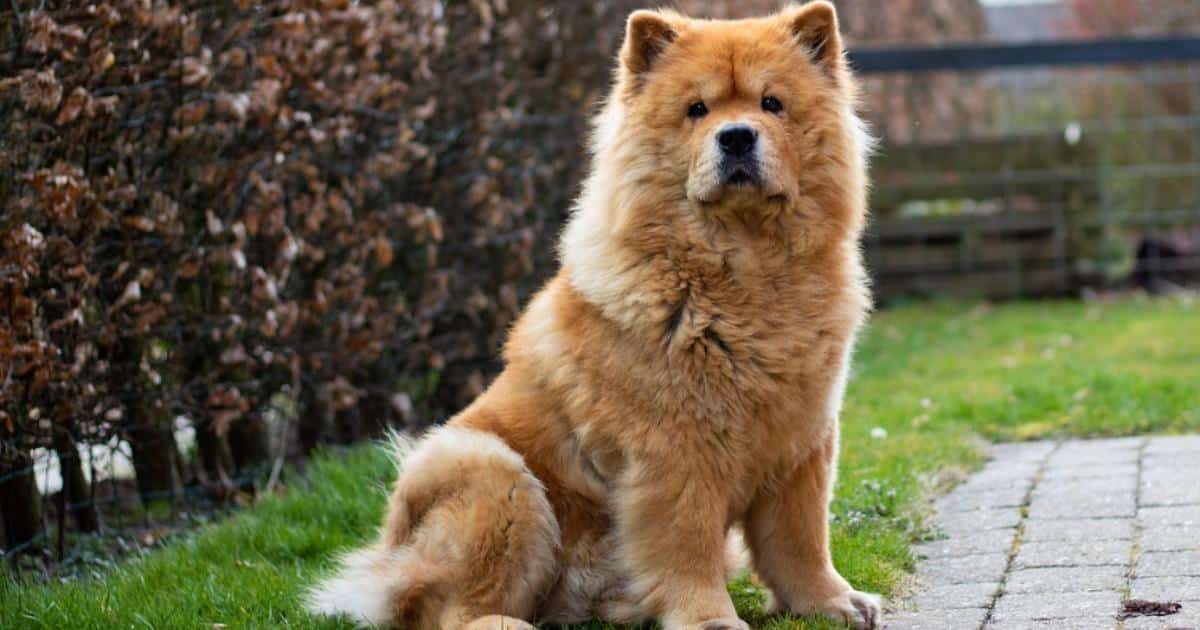
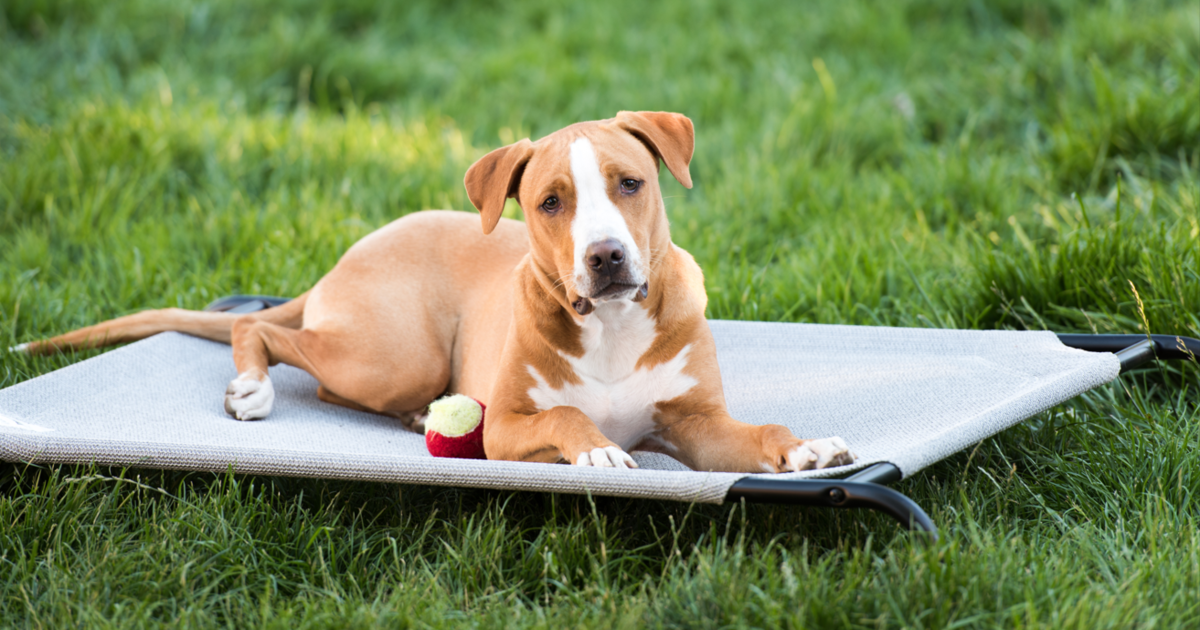

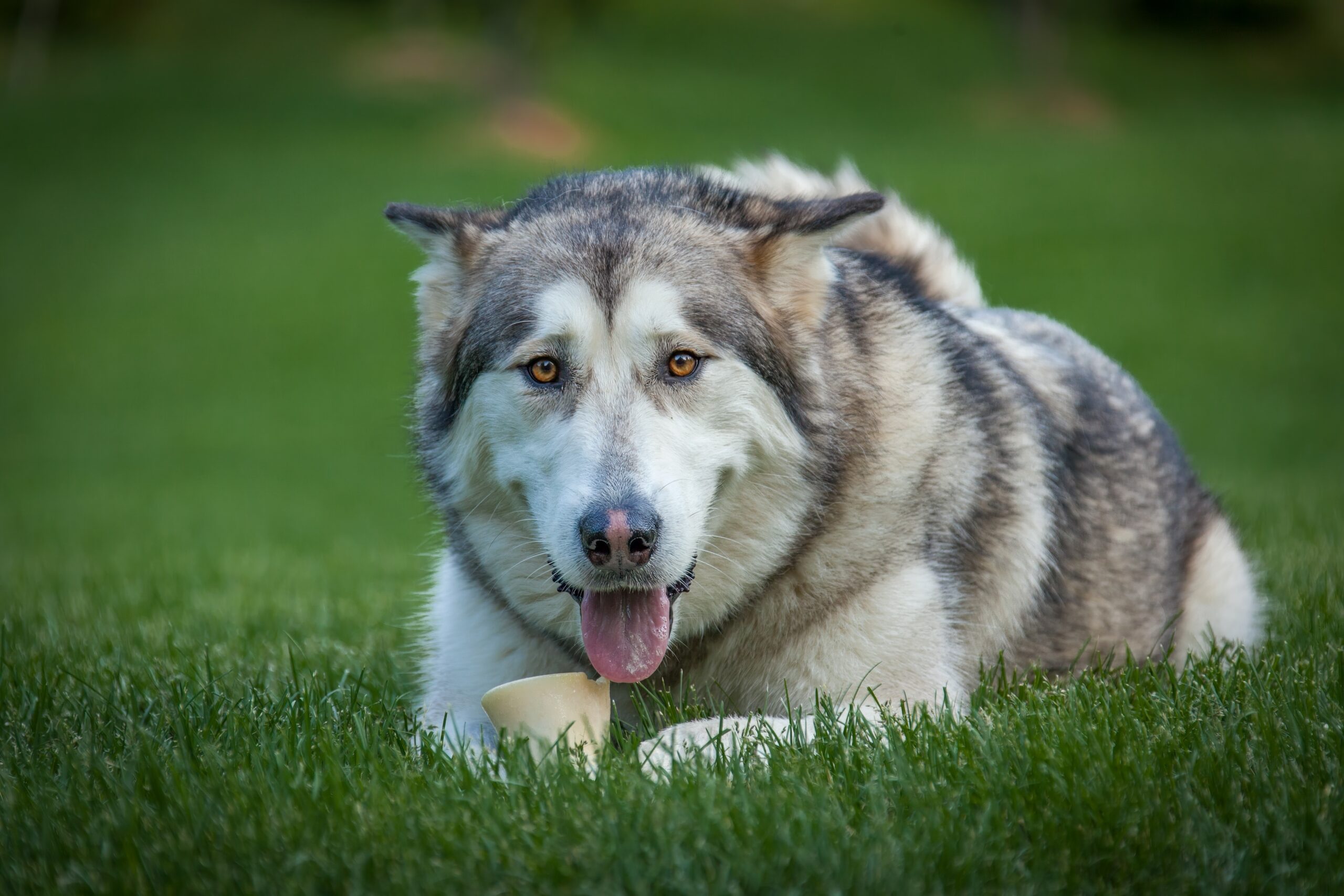

 English (US) ·
English (US) ·